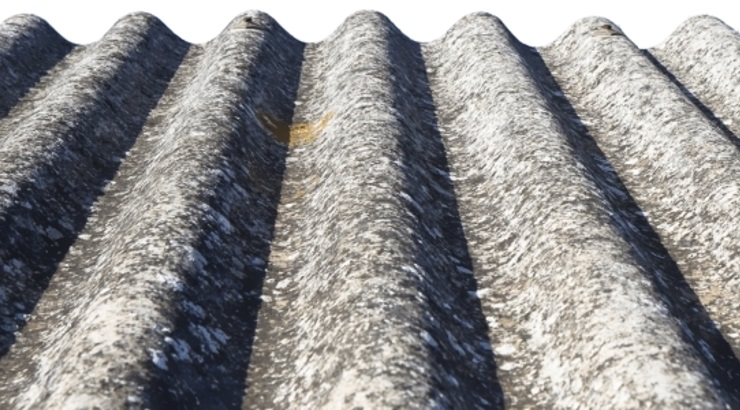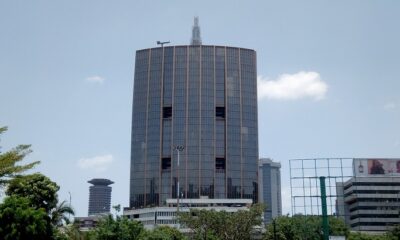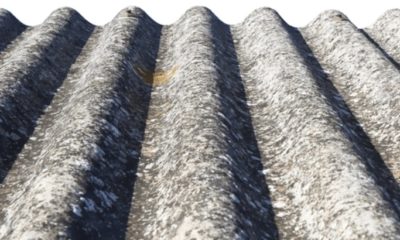Editorial
EDITORIAL: Kenya’s foot-dragging on overdue asbestos ban continues
The material is used as insulation in many homes, schools, and commercial buildings countrywide.

Despite global consensus that asbestos should be added to the United Nations’ list of hazardous materials, Kenya is still sceptical about the harmful effects of the material.
Asbestos, a mineral, was mixed in many types of building materials in the past as it was known to have positive features of high durability and fire resistance.
By the 1970s, asbestos was the common roofing material the world over. Ceiling boards, floor tiles, laboratory cabinet tops, shingles, fire doors, siding shingles, among others, all were made with asbestos.
However, in the 1980s, scientists discovered that inhaling thin asbestos fibres causes serious respiratory diseases such as lung cancer, asbestosis and mesothelioma.
Today, at least 55 countries, including developed nations such as Germany and the United Kingdom, have banned the use of asbestos.
Unfortunately, the material is still used as insulation in thousands of homes, schools, and commercial buildings across Kenya and nobody seems to care except a few Nyeri residents who have petitioned the State to ban the material.
Through Nyeri Town MP Esther Murugi, the petitioners protested that residents of Blue Valley estate within the town have for decades lived in houses with asbestos roofing materials, a situation that has put them at the risk of an aggressive cancer called mesothelioma which affects the membrane lining of the lungs and abdomen.
The petitioners asked legislators to recommend immediate stoppage of asbestos as a roofing material, removal of the asbestos roofs and replacement with galvanised iron sheets in the vast estate.
In response to the petition, Parliament ordered the Ministry of Health to assess residents who have been exposed to asbestos to determine the extent to which their health has been affected.
While we do not want to undermine the order, we believe that it is high time to rid Kenya of asbestos. Researchers from some of the most developed nations have already concluded that asbestos are harmful.
Indeed, based on previous scientific findings, Netherlands has ordered its citizens to bring down all roofs that include asbestos.
Sri Lanka is on the other hand preparing to effect a total ban on importation of such roofing next year. Canada, whose last asbestos mine officially closed in 2012, in December last year announced that it would ban the material starting next year in what has been hailed as a victory for public health.
Pakistani trade union activists and workers of asbestos-using industries last month called on their government to institute a mechanism for an immediate ban on all forms of asbestos in the country.
The United States has already prohibited the use of asbestos in manufacture of corrugated paper, roll board, commercial paper and flooring felt. The list of countries that have introduced regulations or effected a total ban on the material is just endless.
Considering that cancer is now the third highest cause of death in Kenya, it is now time to move quickly and formulate a law that will make it criminal to use materials that contain asbestos.
Landlords across the country must be ordered to remove all roofs that contain the harmful material. This should be done using safe removal mechanisms and proper disposal of the material should follow.












